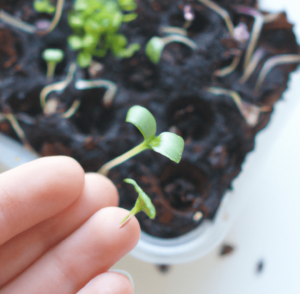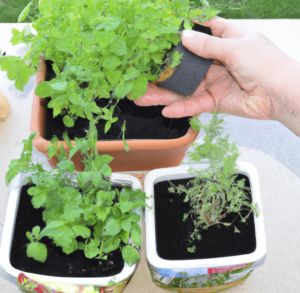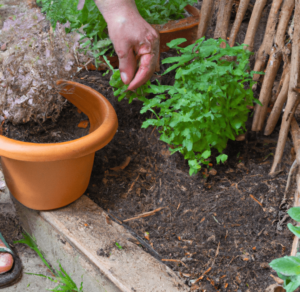Demonstration gardens are a unique type of garden that serve as a space for education, experimentation, and the exploration of various gardening practices and techniques. These gardens are often found at public parks, community centers, schools, and other institutions, and provide visitors with the opportunity to learn about plants, landscaping, and sustainable gardening practices.
At a demonstration garden, visitors can see a variety of plants and landscapes in action, allowing them to gain a better understanding of how different plants grow and thrive in different conditions. They can also learn about sustainable gardening practices, such as composting, rainwater harvesting, and natural pest control methods. Additionally, demonstration gardens often have educational displays and signage, offering visitors information about the plants and gardens on display.
One of the key features of a demonstration garden is that it is a space for experimentation and learning. These gardens are often designed to showcase different gardening techniques, such as companion planting and vertical gardening, allowing visitors to see these methods in action and learn how to implement them in their own gardens. Demonstration gardens are also a great space for community members to come together and share their knowledge and experiences with gardening.
In conclusion, demonstration gardens are an important resource for education and experimentation in the world of gardening. They provide visitors with the opportunity to learn about plants, sustainable practices, and different gardening techniques, and also serve as a space for the community to come together and share their knowledge and experiences.
Exploring Demonstration Gardens
Demonstration gardens are a special type of garden that serve as a space for education and experimentation. These gardens are often found at public parks, community centers, schools, and other institutions, and provide visitors with the opportunity to learn about plants, landscaping, and sustainable gardening practices.
At a demonstration garden, visitors can see a variety of plants and landscapes in action, allowing them to gain a better understanding of how different plants grow and thrive in different conditions. They can also learn about sustainable gardening practices, such as composting, rainwater harvesting, and natural pest control methods. Additionally, demonstration gardens often have educational displays and signage, offering visitors information about the plants and gardens on display.
One of the key features of a demonstration garden is that it is a space for learning and exploration. These gardens are often designed to showcase different gardening techniques, such as companion planting and vertical gardening, allowing visitors to see these methods in action and learn how to implement them in their own gardens. Demonstration gardens are also a great space for community members to come together and share their knowledge and experiences with gardening.
Overall, demonstration gardens are a valuable resource for anyone looking to learn more about plants, landscapes, and sustainable gardening practices. They provide a hands-on learning environment where visitors can explore and experiment with different gardening techniques, and gain a deeper understanding of the world of plants and gardens.
The Role of Demonstration Gardens in the Community
Demonstration gardens serve as an important resource for education and community building in the world of gardening. These gardens provide a space for individuals and groups to come together and learn about plants, growing techniques, and sustainable practices.
In urban areas, where access to green space can be limited, demonstration gardens can provide a valuable opportunity for community members to connect with nature and learn about plants and gardening. These gardens can also serve as a space for urban residents to learn about growing their own food, a valuable skill for those living in the city.
Furthermore, demonstration gardens can provide a platform for educational programs and workshops on topics related to gardening and plants. These programs can range from basic gardening classes for beginners, to more advanced workshops on topics such as permaculture and native plant landscaping. By providing a space for educational programs, demonstration gardens can help foster a greater understanding and appreciation of plants and the natural world within the community.
Overall, demonstration gardens play a crucial role in the community by providing a space for education, experimentation, and connection with plants and the natural world. By bringing people together and providing opportunities for learning, demonstration gardens can help promote a greater understanding and appreciation of the role of plants in our lives.
Bottom Line Demonstration Gardens
Demonstration gardens are outdoor spaces designed to showcase and educate people about different aspects of gardening and horticulture. These gardens may focus on specific themes such as native plants, water conservation, or organic gardening, and often include educational materials and signage explaining the various features and practices being demonstrated. Demonstration gardens can be found at public parks, botanical gardens, universities, and other institutions, and are often maintained by volunteers or staff members who are knowledgeable about gardening and plant care. These gardens can serve as a valuable resource for gardeners and horticulture enthusiasts, as well as a way to promote environmental stewardship and sustainable practices.
If you’re interested in the demonstration gardens, you may also be interested in container gardens and fruits gardens.







